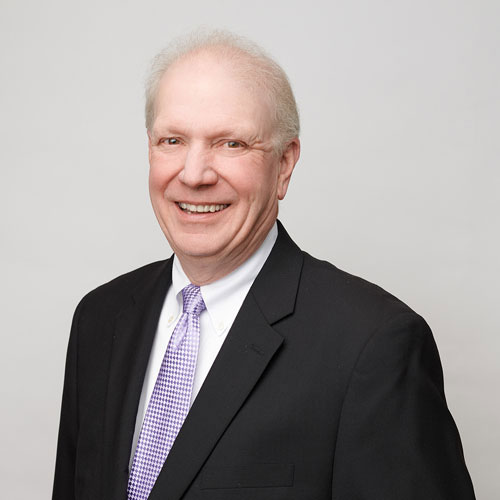PATENT AGENT PRIVILEGE CONFIRMED BY FEDERAL CIRCUIT
Yesterday, in a 2-1 mandamus decision in the case In re Queens University, the Federal Circuit ordered the district court to withdraw its order compelling discovery of communications with non-attorney patent agents. The decision here recognizes “patent agent privilege:”
[W]e find that the unique roles of patent agents, the congressional recognition of their authority to act, the Supreme Court’s characterization of their activities as the practice of law, and the current realities of patent litigation counsel in favor of recognizing an independent patent-agent privilege.
The question of a patent agent privilege was one of first impression for the Federal Circuit. District courts have been split on the issue, though they have agreed that privilege comes into play when a patent agent is working under an attorney’s supervision.
Queen’s University sued Samsung in the U.S. District Court for the Eastern District of Texas in 2014, claiming Samsung’s Galaxy S4 and Galaxy Note 3 smartphones infringe its patents for technology that allows humans to communicate with computers with their eyes. Samsung, the year before, had unveiled its SmartPause feature, which enabled users to pause a video simply by looking away from the screen.
During the course of discovery, Queen’s University refused to hand over certain documents, including communications between university employees and registered patent agents talking about the prosecution of the disputed patents.
After Samsung protested, the district court ordered Queen’s University to produce the communications, finding they were not protected by attorney-client privilege and that a separate patent agent privilege did not exist. The ruling was stayed until the Federal Circuit could hear the university’s mandamus petition.
The appellate court on Monday granted the petition and instructed the district court in Texas to withdraw its order. On remand, it told the lower court to “assess whether any particular claim of privilege is justified in light of the privilege we recognize today.”
In its ruling, the majority referred to the U.S. Supreme Court’s 1963 decision inSperry v. Florida, where justices recognized that USPTO-registered patent agents were authorized by federal law to represent individuals regarding patent prosecution.
The court, however, includes the important limitation that the privilege only extends to the extent that communications fall within the patent agent’s scope of practice as “authorized by Congress.” On this point, the appellate panel quotes 37 C.F.R. § 11.5(b)(1):
Practice before the Office in patent matters includes, but is not limited to, preparing and prosecuting any patent application, consulting with or giving advice to a client in contemplation of filing a patent application or other document with the Office, drafting the specification or claims of a patent application; drafting an amendment or reply to a communication from the Office that may require written argument to establish the patentability of a claimed invention; drafting a reply to a communication from the Office regarding a patent application; and drafting a communication for a public use, interference, reexamination proceeding, petition, appeal to or any other proceeding before the Patent Trial and Appeal Board, or other proceeding.
On remand, the parties in the dispute will likely now fight over whether the agent-in-question’s activities fell within the above limits on a patent agent’s scope of practice.
Patent agents are not licensed attorneys, but they must pass the same bar examination as do patent attorneys, in order to be certified to prepare and prosecute patent applications before the U.S. Patent and Trademark Office.
“We find that the unique roles of patent agents, the congressional recognition of their authority to act, the Supreme Court’s characterization of their activities as the practice of law, and the current realities of patent litigation counsel in favor of recognizing an independent patent-agent privilege,” Circuit Judge Kathleen McDonald O’Malley wrote on behalf of the majority panel.
Judge O’Malley said an applicant has a reasonable expectation that all communications relating to “obtaining legal advice on patentability and legal services in preparing a patent application” will be privileged.
“Whether those communications are directed to an attorney or his or her legally equivalent patent agent should be of no moment,” the judge wrote. “Indeed, if we hold otherwise, we frustrate the very purpose of Congress’s design: namely, to afford clients the freedom to choose between an attorney and a patent agent for representation before the Patent Office.
In the dissenting opinion, Circuit Judge Jimmie V. Reyna expressed doubts about the need for a patent agent privilege. And even if there were a need, he said the Federal Circuit should defer to Congress to create it.
Please click here to read the opinion.
Please click here to download a printable version of this article.
Posted: March 8, 2016



